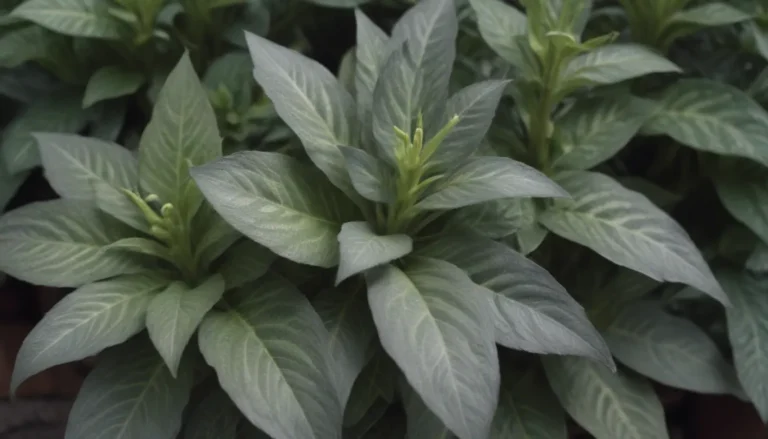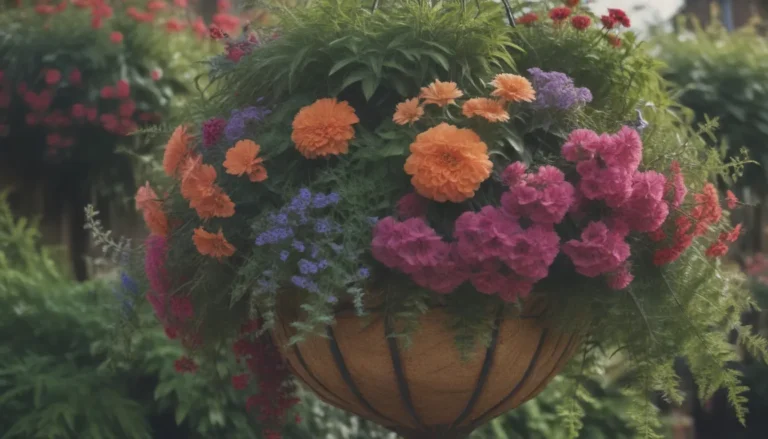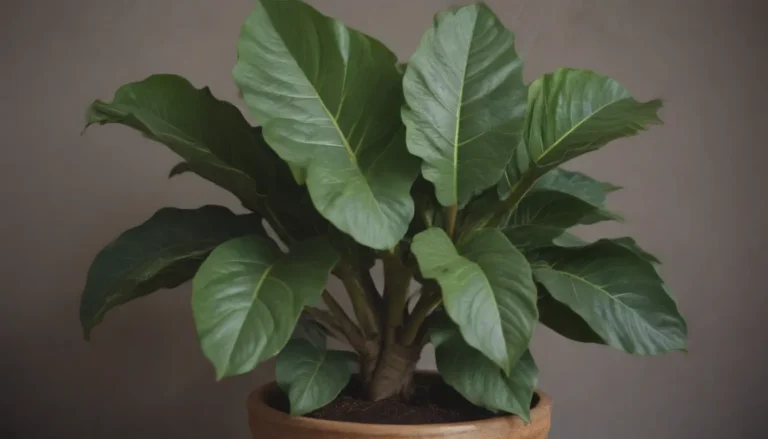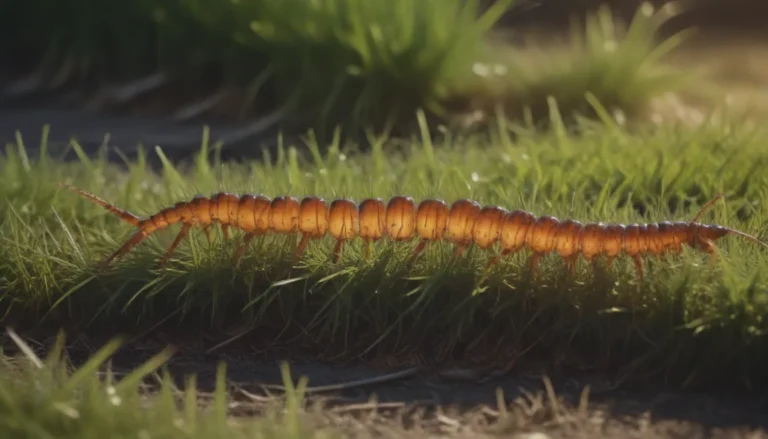Maximizing Your Plant Growth with Coffee Grounds in Your Garden
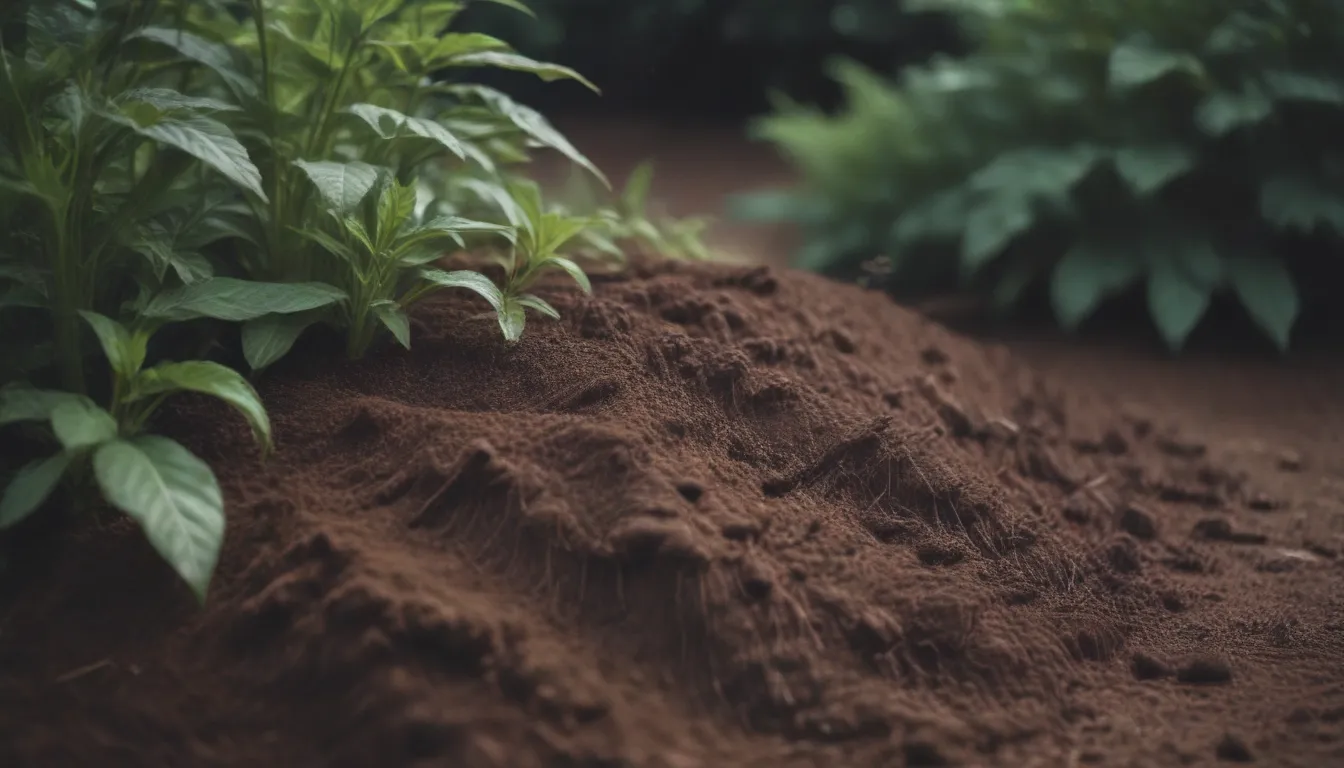
Are you a coffee lover who enjoys a cup or two every day? If so, you might be discarding a valuable resource that could benefit your garden. Used coffee grounds are packed with nutrients that can enhance plant growth and soil health. From providing essential nutrients to improving compost, coffee grounds have a lot to offer for your garden. In this in-depth guide, we will explore the various ways you can use coffee grounds to maximize plant growth in your garden.
Nutrient-Rich Coffee Grounds for Your Plants
When you brew your morning coffee, the leftover grounds can be a valuable resource for your garden. Coffee grounds contain approximately 2 percent nitrogen, along with trace amounts of phosphorus, potassium, and micronutrients like calcium, magnesium, copper, iron, and zinc. These nutrients play a vital role in promoting healthy growth in plants.
Which Plants Are Coffee Grounds Good For?
It’s important to consider the pH requirements of your plants before using coffee grounds. While most plants thrive in slightly acidic to neutral soil (pH 6.0 to 7.0), some may prefer acidic or alkaline conditions. Before adding coffee grounds to your garden, it’s best to conduct a soil test to determine your soil’s pH levels.
- Plants for acidic soil:
- Plants for neutral soil:
- Plants for alkaline soil:
Note: The acidity of coffee grounds may vary and become neutral to alkaline over time.
How to Use Coffee Grounds Effectively
Here are some tips on how to use coffee grounds for your plants:
- Composting: Coffee grounds are a great addition to your compost pile as they provide nitrogen and other nutrients. Remember to balance them with brown compost material like dry leaves.
- Fertilizing: You can add composted coffee grounds directly to your garden soil. Just make sure not to use them in areas where you are growing plants from seed.
- Mulching: Coffee grounds can benefit drainage and aeration in the soil. It’s best to use them in moderation to avoid creating a water-resistant barrier.
Tips and Tricks for Using Coffee Grounds
Apart from composting and fertilizing, there are other creative ways to use coffee grounds in your garden:
- Preventing pathogenic fungi: Coffee grounds can help prevent the growth of harmful fungi in your garden.
- Deterring bugs and pests: Certain insects and pests may be repelled by the scent of coffee grounds.
Potential Disadvantages of Coffee Grounds
While coffee grounds offer many benefits, there are some potential drawbacks to consider. A study found that using spent coffee grounds in soil could lead to poorer plant growth due to plant-toxic compounds present in coffee grounds. It’s essential to monitor the impact of coffee grounds on your plants and adjust your usage accordingly.
Conclusion
In conclusion, coffee grounds can be a valuable resource for your garden when used thoughtfully and in moderation. From providing essential nutrients to improving soil health, coffee grounds have the potential to enhance plant growth and overall garden productivity. By incorporating coffee grounds into your gardening routine, you can create a thriving and healthy garden that blooms with vitality. So next time you brew your morning cup of coffee, remember to save those grounds for your garden’s benefit.
Remember, a little goes a long way with coffee grounds in your garden. Experiment with different methods to find what works best for your plants and soil. With proper care and attention, your garden will flourish with the help of this organic and sustainable resource. Happy gardening!
